
In a mixed judgement, a German Court has acquitted a pharmacist of breach of professional duty for refusing to stock and sell abortifacient drugs.
However, the judge warned him that if he can’t dispense certain drugs for reasons of conscience, he would have to give up the profession.
Andreas Kersten was charged in 2018 when he exercised his freedom of conscience to refrain from selling a potentially abortifacient drug, the “morning-after pill,” in his pharmacy. The Court held that Kersten was relying on a letter from the federal Ministry for Health, which stated that pharmacists may exercise their conscience in such situations.
However, the presiding judge explained that the duty to provide drugs (including the morning-after-pill) overrides the freedom of conscience – a stance at odds with international human rights law protecting conscience. He noted that a pharmacist who could not reconcile the dispensing of certain drugs with his conscience would have to give up his profession.
Dr Felix Böllmann of ADF International, which has supported Kersten’s case for six years welcomed his client’s exoneration but called the reasoning behind the judgment “egregious” as it is “in direct contradiction to international law”.
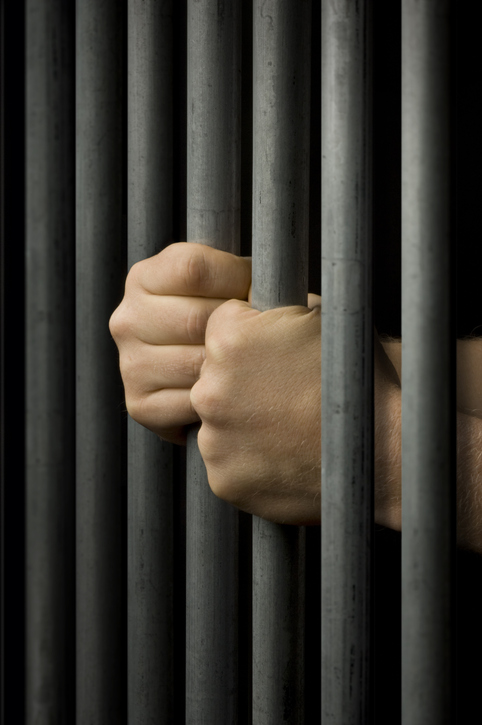
The controversial hate crime Bill is now not expected to return to the Oireachtas before the summer recess, casting doubt on whether it will be enacted at all, reports the Irish Times.
Citing unnamed sources, the report says the incomplete Bill will not be taken up again until the autumn at the earliest, which leaves little time for it to be passed before the legislative session breaks for the general election.
The Bill passed in the Dáil but stalled a year ago in the Seanad after Senators raised several significant questions about it, not least its failure to define hatred. Mr McDowell also asked the Department of Justice to explain “what is intended by the term ‘transgender’ and the phrase ‘a gender other than those of male and female’” in the definitions of the Bill. He did not receive an explanation.
The Department of Justice has previously declined to give examples of speech which is legal but will be criminalised by the Bill if it is passed

A retired married couple died side by side in what is the latest case of double euthanasia in the Netherlands.
In the moments before their deaths, the pair were surrounded by friends and family, including their son, who had found his parents’ decision to end their lives hard to take.
Jan, who worked as a cargo boat operator, had been suffering from severe back pain for over 20 years, while his wife was diagnosed with dementia in 2022 and it was getting progressively worse.
‘I’ve lived my life, I don’t want pain anymore,’ Jan told the BBC. ‘The life we’ve lived, we’re getting old [for it]. We think it has to be stopped.’
In 2023, 9,068 people died by euthanasia in the Netherlands – up 348 on 2022.
29 couples died that way in 2022, up from 16 couples in 2021. In 2018, there were nine.
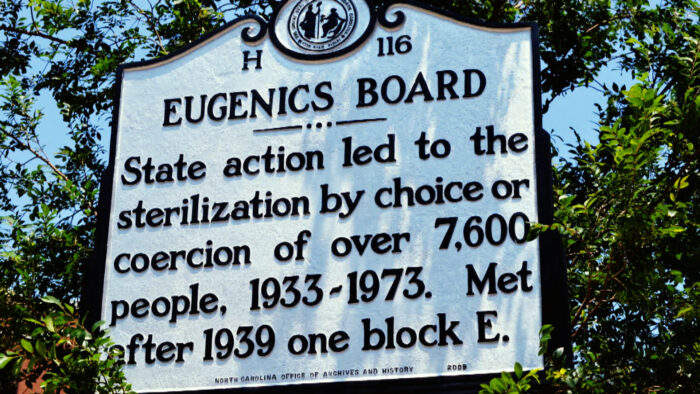
Japan’s top court has ruled that a defunct eugenics law, under which thousands of people were forcibly sterilised between 1948 and 1996, is unconstitutional.
Eugenics was practiced in the US and Sweden, from the early part of the 20th century, and inspired similar programs in Nazi-Germany from the mid-1930s.
Japan’s government acknowledges that around 16,500 people were forcibly sterilised under the law that aimed to “prevent the generation of poor quality descendants”.
An additional 8,500 people were sterilised with their consent, although lawyers say even those cases were likely “de facto forced” because of the pressure individuals faced.
The Supreme Court also declared that a 20-year statute of limitations could not be applied, paving the way for compensation claims from victims after years of legal battles.

Median weekly earnings among males in married couples were 35.3% higher than among males in one-parent families with children, while females in married couples with children had earnings 63.2% higher than their counterparts in one-parent families.
Median weekly earnings were lowest for employments among one-parent families with children at €491.20 and highest for employments among married couples with children at €911.35.
In general, the distribution of earnings among males in each family unit type followed a similar trend to the total male population, while a considerably higher proportion of females in one-parent families with children were at the lower end of the distribution, compared with other females.
Referring to a so-called “earning gap”, Dr Eimear Heffernan, Statistician in the Earnings Analysis Division, said: “In 2022, the largest earnings gap between female parents in married couples and one-parent families was in the 25-34 years age group where median weekly earnings among females in married couples with children were 102.2% higher than their one-parent counterparts”.
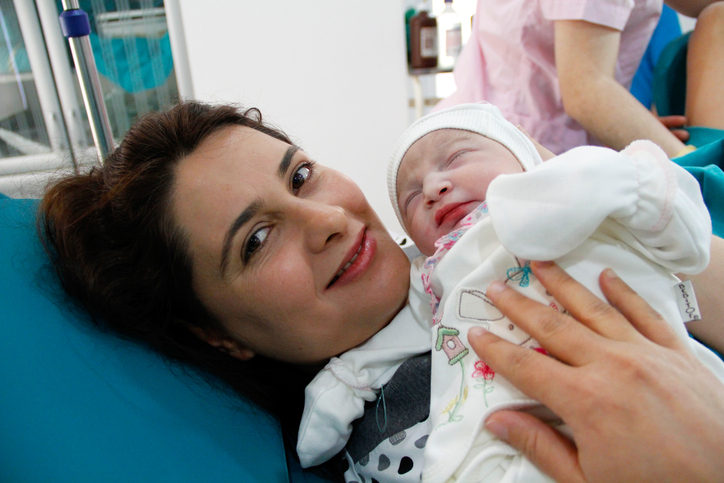
The biggest threat to humanity isn’t climate change, the next pandemic, or a nuclear apocalypse but rather a lack of babies.
That’s according to author and demographer Paul Morland. The fertility rate in Ireland is now 1.5, which is well below the replacement level fertility rate of 2.1 babies per couple.
He told Claire Byrne on RTE Radio 1 that global birth rates are plummeting so much there soon won’t be enough young people to take care of the aging population.
Referencing his new book “No One Left: Why the World Needs More Children” he laid out his case for pro-natalism: that a healthy society has a reasonable number of children where people are having babies by choice—not because they cannot control their fertility.
He denied it is a “right-wing” concern, citing numerous left-wing thinkers and centrist politicians who share it. Regardless of politics or ideology, he said, “people matter”.
Fears of a ‘population bomb’ are “fifty years out of date”, with even quite poor countries such as Jamaica and Thailand now also not having enough children to replace themselves.
He said societies need to move forward to the 2030s not back to the 1950s to give couples the support they need to have more children.
But, he added, policy changes alone won’t cut it – cultural change is necessary as well.

The State-paid “free” contraception scheme has been expanded to include women aged 32 to 35. Despite the roll-over of free contraception to different age groups, the abortion rate in Ireland keeps climbing. Last year, over 10,000 took place.
Launched in September 2022, the scheme now covers all women aged 17 to 35 inclusive.
It comes despite a 2019 Working Group on Access to Contraception, under the then Health Minister, Simon Harris, say the proposal would probably be a waste of public funds.
There has not been a corresponding scheme to help women achieve the number of children they want.
Health Minister Stephen Donnelly announced that from today, women who are ordinarily resident in Ireland and aged between their 17th birthday and the day before their 36th birthday will be eligible for fully-state-funded contraception.
The service covers the cost of consultations and prescriptions for a range of chemical contraceptive options.
These include long-acting contraception (Larcs) such as injections, implants and hormonal and copper intra-uterine devices and systems (coils).
The scheme also includes emergency contraception in addition to the oral contraceptive pill, patch and ring, but it does not cover condoms or surgical sterilization.
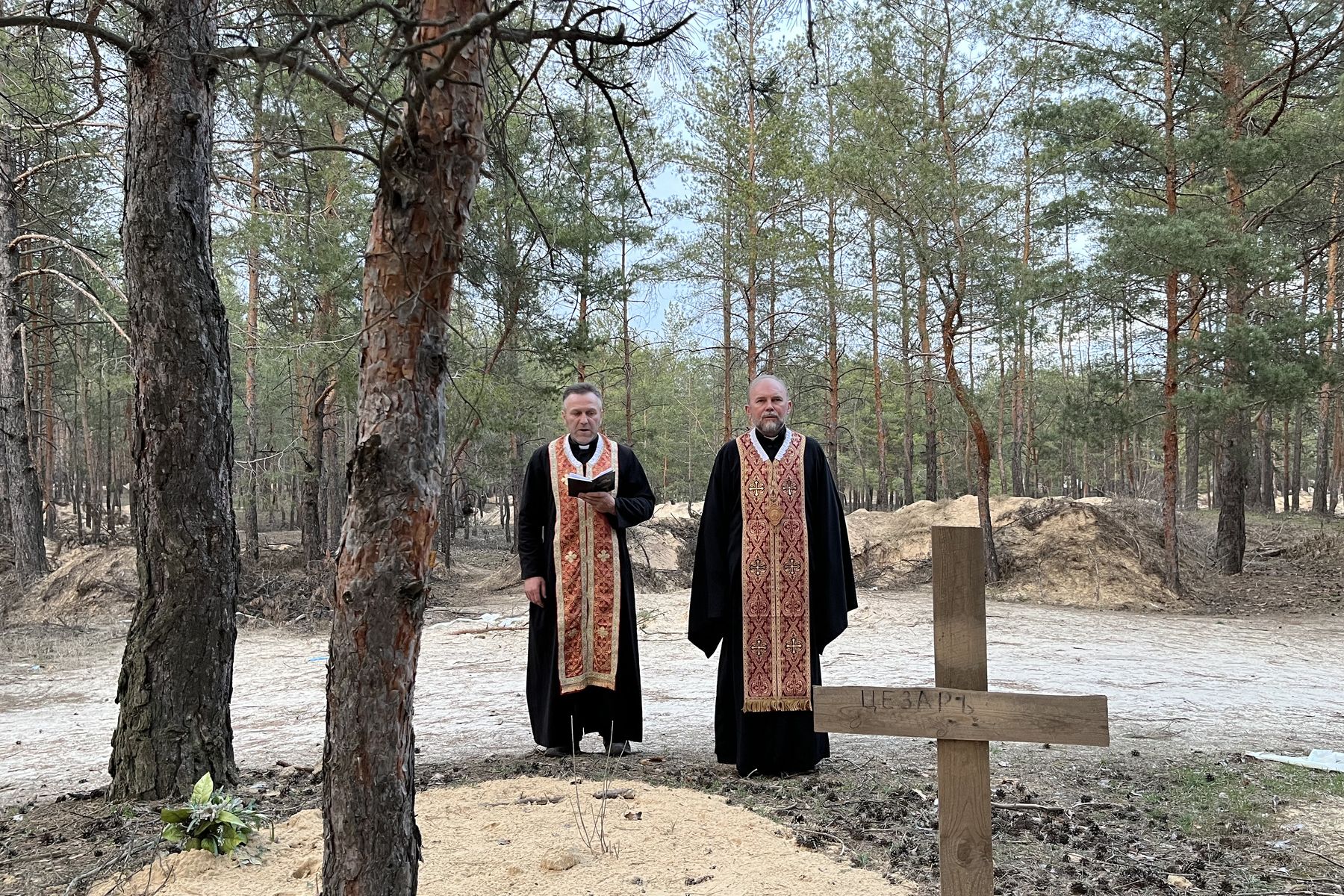
Two disappeared Ukrainian Greek Catholic priests seized by Russian forces from their church in southern coastal city of Berdyansk in November 2022 have been released from captivity.
Despite the danger, following the full-scale invasion in February 2022, Redemptorist Fathers Ivan Levitsky and Bohdan Geleta chose to stay in the occupied territories, ministering to both Greek and Roman Catholic communities and providing hope under occupation.
According to the Catholic charity, Aid to the Church in Need (ACN), the priests were accused of illegal possession of weapons, “charges fabricated to justify their imprisonment”.
“Their prolonged detention was marked by a lack of concrete information about their whereabouts and wellbeing, despite reports of torture and abuse. Despite this, their faith and hope persisted”, said a spokesperson.
The head of the Ukrainian Greek Catholic Church (UGCC), Major Archbishop Sviatoslav Shevchuk, expressed profound gratitude to the Holy See, particularly to Pope Francis, for their efforts in securing the priests’ release.
Despite the joy of this news, ACN recalls that many innocent civilians remain in custody, and invites friends and benefactors to continue to pray for their release, and for peace in Ukraine.
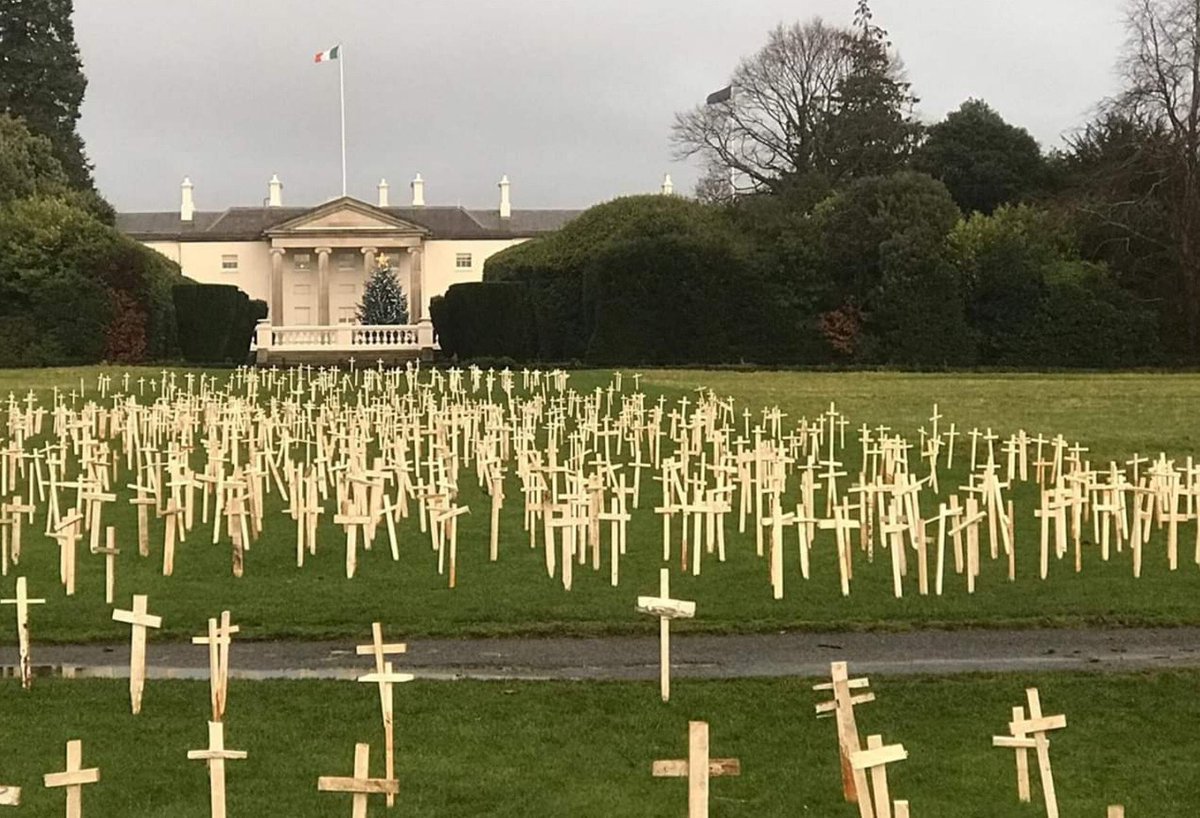
There was another big increase in the number of abortions as 10,033 of the procedures were carried out in Ireland last year, the highest number ever, according to figures released by the Department of Health.
This compared to 8,156 in the previous year while, in the first full year of the law’s operation in 2019, there were 6,666 terminations. In 2018, a little under 3,000 Irish women went to the UK for abortions.
The vast majority of the abortions, 9,876, were in the first 12 weeks of pregnancy when the procedure is available on demand and no reason is needed.
Meanwhile, the annual cost of providing drug-induced abortions through GPs and hospitals is now €7.4m a year. Drug-induced abortions use the abortion pill and induce a miscarriage. Other abortions are performed surgically with the child being killed in the womb before being extracted.
It includes €5.6m in GP payments and medications with €1.7m spent on terminations in hospitals.
The costs provided by the HSE are the first time the funding for abortion has been detailed since the 2018 Act legalising it came into force.
Commenting on the figures, Pro Life Campaign spokesperson Eilís Mulroy said: “The colossal 250% increase in abortions since the new law took effect is extremely troubling”.
She added that the “lack of concern” shown by the Government towards this tragedy of seeing 1 in 6 babies’ lives end in abortion “needs to end”.

A Catholic priest in India says “crisis, conflict and violence are becoming the way of life” in the country as it also suffered a rebuke in the U.S. State Department’s 2023 religious freedom report.
Last week, U.S. Secretary of State Antony Blinken said the U.S. government is concerned about the increase in anti-conversion laws, hate speech, demolitions of homes and places of worship of members of minority faiths in India.
“Christian communities reported that local police aided mobs that disrupted worship services over accusations of conversion activities, or stood by while mobs attacked them and then arrested the victims on conversion charges,” Blinken said on Wednesday.
Since the Bharatiya Janata Party (BJP) of Prime Minister Narendra Modi took over the national government in 2014, religious minorities have complained about increased harassment.
Jesuit Father Prakash Louis said that two years ago, illustrious former civil servants had appealed to Mr. Modi to enforce rule of law in the country, “But nothing has happened”.
“On the other hand, crisis, conflict and violence are becoming the way of life of the country. What is more deplorable is that rulers themselves are engaged in divisive and destructive politics today” Louis said.